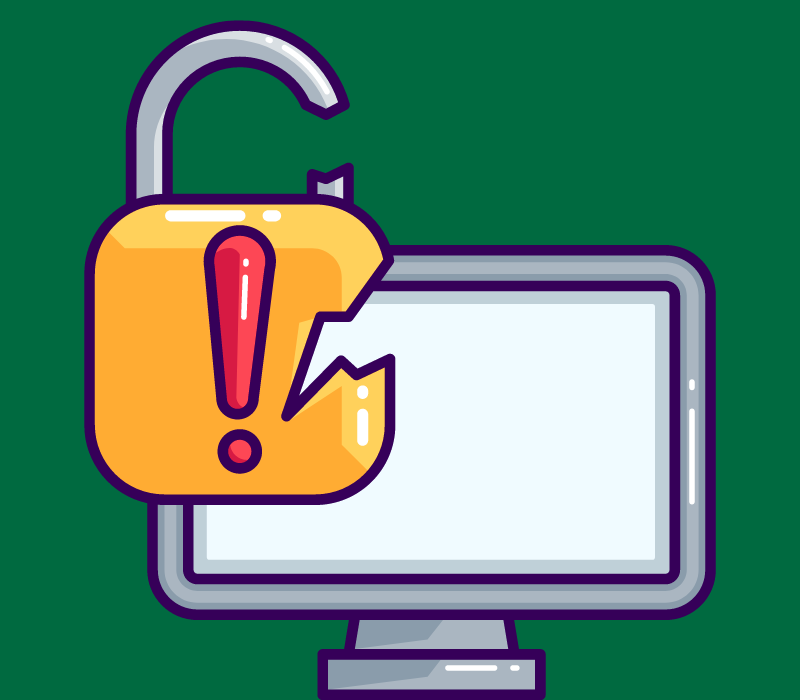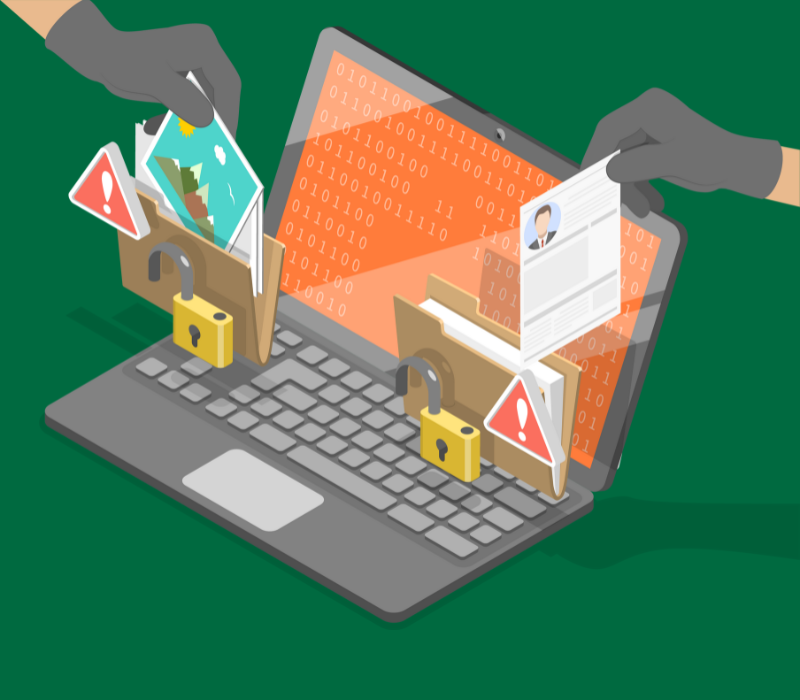Online Banking
Routing Number: 291274085
We will never ask for your login information, do not give it out to anyone.

On our blog last week, we talked about the ways identity thieves steal your information and what they might do with it once they get it. Things like using your identity when being arrested or investigated, maxing out your credit cards and taking out new credit in your name, acquiring income in your name, and more. Things that have the potential to be totally financially devastating if not caught early.
There are steps you can take to protect yourself from falling victim to identity theft. It’s important to be aware of the possibility and keep it in mind.
Guard your cards. Credit/Debit card fraud is a type of identity theft. This is when someone gains access to your payment card and uses it to make purchases you did not authorize. Be cautious about where you enter your card information online, never make purchases from an untrustworthy or unknown website and never allow websites to “remember” your card number. Do not give your card information over the phone unless you made the call and you know you’re speaking with a trustworthy business. Go paperless when possible for bills and statements and review your statements to verify account activity. Card fraud may not require that you freeze your accounts and file a report with the FTC, but ask your financial institution’s fraud department what they recommend.
Use credit monitoring services. You can use a paid service for robust monitoring, which might be necessary depending on your financial status or if you operate a business. CreditKarma.com is a great free service that allows you to review your credit report to find if any new accounts have been opened in your name. Report and investigate anything that doesn’t add up.
Protect your phone. If you store personal information in your smart phone, you need to keep your phone locked and secure with passcode, touch ID, or face ID.
Be Wi-Fi Aware. Public Wi-Fi is an identity thief’s playground if it is not secure. Make sure the Wi-Fi you’re accessing is the correct network and that it is authenticated. Sign out of all accounts as soon as you are finished. Consider using a VPN when on public Wi-Fi.
Practice good cyber security. Be wary of spammy emails, it’s better to just delete it if it seems suspicious. Stop and think before clicking links. Change your passwords regularly and don’t use the same password over.

Identity theft is so devastating because many people don’t know they are a victim until they are notified by a financial institution. Do not rely on others to notify you of potential fraud – know what to look for and conduct checkups on your information regularly. Early detection can limit the damage. You may be a victim of identity theft if:

If you notice anything fishy with your accounts, medical records, taxes, or even your criminal record, you need to take immediate action to resolve it. Remember, fast action limits damage.
Steps to Take Immediately:
First, call the fraud department at your financial institution(s) where fraud has occurred. They will give you instructions on what you need to do. You may or may not need to complete the following steps below, but ask the fraud department what they recommend. They will most likely deactivate any compromised cards. If necessary, ask them to freeze or close your accounts to prevent any additional charges.
Second, contact one of the three major U.S. credit reporting companies to report yourself as a victim of identity theft and place an initial fraud alert. The one you contact must tell the other two, so you only need to contact one.
Equifax: 888-766-0008
Experian: 888-397-3742
Transunion: 800-680-7289

Next, order a credit report. You are entitled to one free copy of your report once per year from all three credit bureaus. You must contact all three to order a report from each one, starting with one immediately and the other two in a month or so to track any new fraudulent activity. Review it immediately and report any fraud details you find to the FTC and possibly the police.
Then, file a complaint with the FTC about the theft by going to reportfraud.ftc.gov or by calling 877-438-4338. Include as much detail as possible about the theft and follow their instructions carefully. Save and print your completed complaint. The printed complaint becomes your Identity Theft Affidavit. This affidavit helps you create an Identity Theft Report. Keep records of the day and time you file your complaint, the complaint reference number, and extra copies of the affidavit.
Finally, file a police report by going to your local station (or the station where the theft occurred if it was an attack on your criminal record). Bring your FTC Identity Theft Affidavit, any other proof of the theft, proof of address, and your government-issued photo ID.
You can never be overprotective of your personal information and identity! Protect it and protect your financial future.